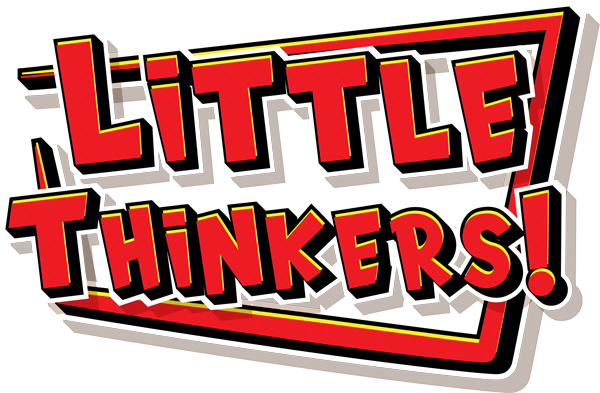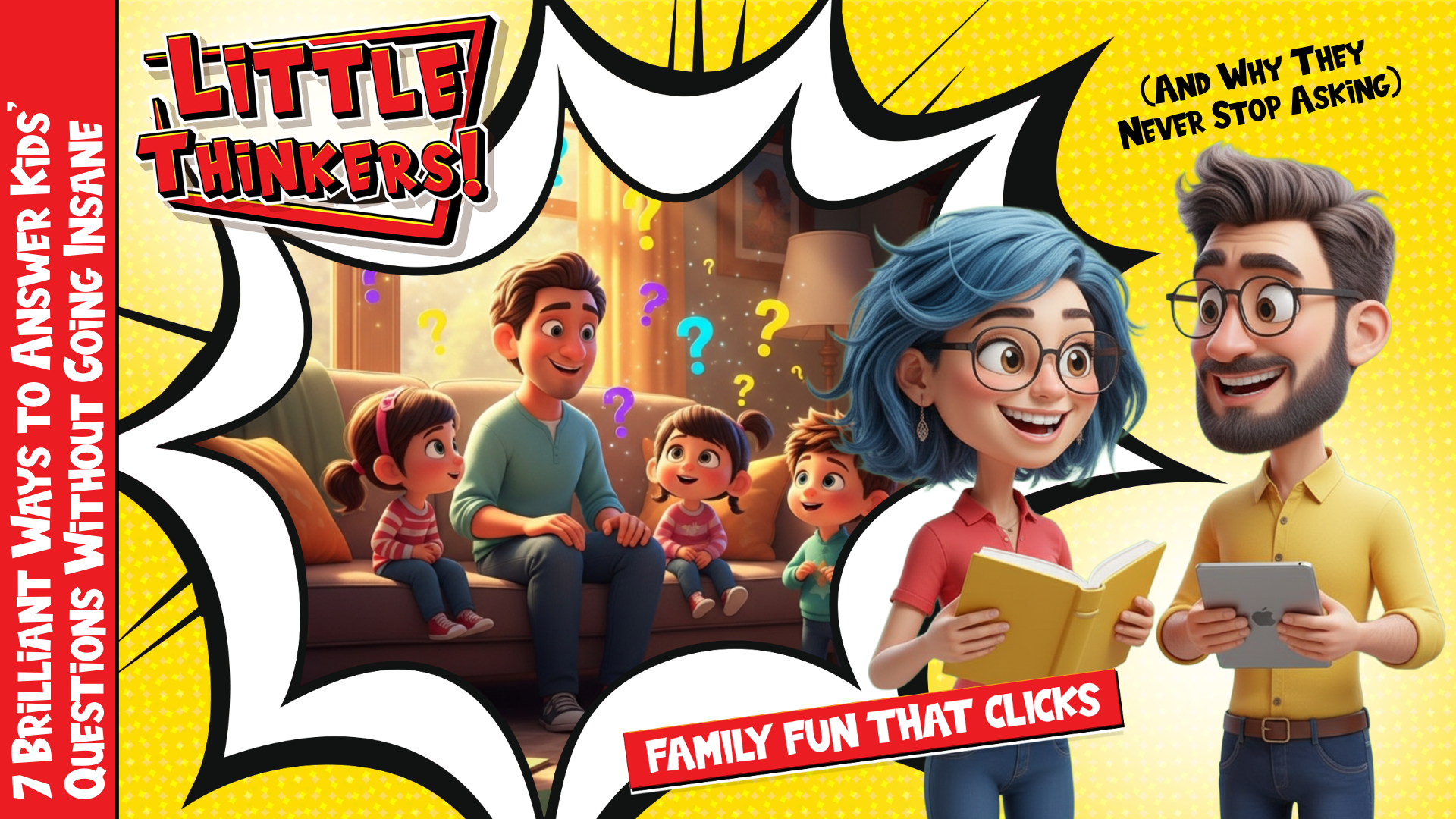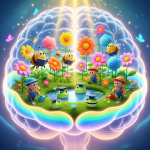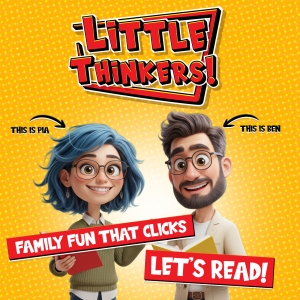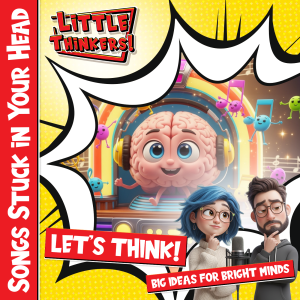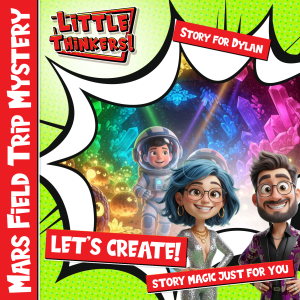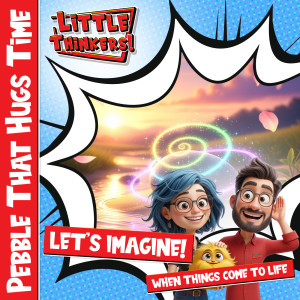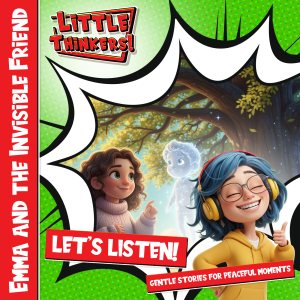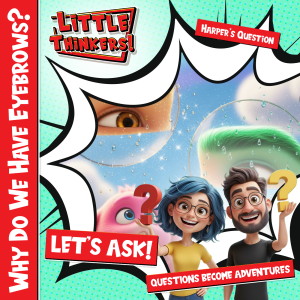The Great Mystery of Why Kids Ask So Many Questions (Spoiler: It’s Actually Genius)
Picture this: You’re peacefully sipping your morning coffee when suddenly your 5-year-old launches into what feels like an interrogation session. “Why is the sky blue? Why do birds fly? Why can’t I fly? Why do you look tired, Mommy?” And there goes your peaceful moment, replaced by what experts call the “Question Avalanche.”
If you’ve ever wondered why do kids ask so many questions, you’re definitely not alone. Parents worldwide report fielding an average of 73 questions per day from their curious little ones. That’s roughly one question every 2.36 minutes during waking hours. No wonder we sometimes feel like walking encyclopedias with coffee stains!
The Science Behind the Question Storm
Here’s the fascinating truth: when children ask endless questions, their brains are actually performing incredible feats of cognitive development. Every “why” and “how” is like a tiny scientist collecting data about the world. Their neural pathways are forming at lightning speed, creating connections that will last a lifetime.
Research shows that curious children who ask lots of questions develop better problem-solving skills, stronger language abilities, and more creative thinking patterns. So when your little one asks why rain falls down instead of up for the fifteenth time today, remember: you’re witnessing a brilliant mind at work.
Fun Fact for Exhausted Parents
Children’s brains have twice as many neural connections as adult brains! This means they’re literally wired to be more curious than we are. It’s not their fault they’re question-asking machines – they’re biologically programmed for it. Think of it as having a tiny Einstein living in your house, except this one spills juice everywhere.
When Questions Become Overwhelming (And That’s Totally Normal)
Let’s be honest – there are days when the constant stream of questions can feel overwhelming. You start hiding in the bathroom just to have thirty seconds of silence, or you find yourself answering “because I said so” more often than you’d like to admit. Welcome to parenthood, where patience gets tested more than a new smartphone.
But here’s what every parent needs to know: feeling overwhelmed by questions doesn’t make you a bad parent. It makes you human. Even the most patient adults have limits, and that’s perfectly okay. The trick isn’t to eliminate questions – it’s to find clever ways to manage them while still nurturing that beautiful curiosity.

The Hidden Psychology Behind Endless Questions (It’s More Complex Than You Think)
Understanding why children ask so many questions requires diving into the fascinating world of child psychology. Unlike adults who often ask questions to get specific information, children’s questions serve multiple purposes that go far beyond simple curiosity.
Questions as Connection Tools
Many child psychologists believe that questions are actually a sophisticated way for children to connect with their parents. When your daughter asks “Why do flowers smell good?” she’s not just seeking botanical knowledge – she’s creating a moment of shared attention and bonding. It’s like her way of saying, “Hey, let’s explore this amazing world together!”
This explains why children often ask questions they already know the answers to, or why they ask the same question repeatedly. They’re not testing your patience (though it might feel that way) – they’re testing the strength of your connection and attention.
The Developmental Timeline of Questions
- Ages 2-3: “What’s that?” questions dominate (identifying and labeling the world)
- Ages 3-4: “Why?” questions explode (understanding cause and effect)
- Ages 4-5: “How?” questions increase (exploring processes and mechanisms)
- Ages 5-6: “What if?” questions emerge (hypothetical and abstract thinking)
The Attention-Seeking Theory (With a Twist)
Sometimes questions are indeed about attention, but not in the negative way we might think. Children quickly learn that asking questions is one of the most reliable ways to engage adults in meaningful conversation. Research on children’s questioning patterns shows that kids are actually quite strategic about when and how they ask questions.
Think about it: when was the last time you ignored a child’s genuine question? Questions have this magical power to stop adults in their tracks and create focused interaction. Your child isn’t manipulating you – they’re using one of humanity’s most effective communication tools.
The Learning Laboratory Theory
Every question a child asks transforms their environment into a personal learning laboratory. When they inquire about why leaves change colors or how airplanes stay in the sky, they’re conducting experiments in understanding. Their brains are literally rewiring themselves with each answer they receive.
This is why the quality of our responses matters so much. Studies on parent-child interactions reveal that children whose questions are answered thoughtfully develop stronger analytical thinking skills and maintain their curiosity longer into their school years.
Why Some Questions Repeat Forever
Ever notice how children ask the same question multiple times, even after you’ve given a perfectly good answer? This isn’t forgetfulness – it’s processing! Children often need to hear information several times and in different contexts before it fully integrates into their understanding. Each repetition builds a stronger mental foundation.
Question Master Adventure
Explore different types of questions children ask and learn why they're so important!
Help our curious character ask better questions! Complete the questions by choosing the right words.

Brilliant Response Strategies That Actually Work (And Keep Everyone Sane)
Now for the practical magic – turning those endless questions into opportunities for connection, learning, and yes, maintaining your sanity. These strategies have been tested in the field by parents who’ve survived the question years with their sense of humor intact.
The Question Sandwich Method
This technique involves wrapping your answer between two questions of your own. When your child asks “Why is water wet?”, instead of diving into a complex scientific explanation, try: “Great question! What do you think makes water feel different from air? Let me tell you something cool about water molecules… Now, what other things feel wet like water?”
This method turns you from a walking textbook into a conversation partner. It encourages your child to think critically while still getting the information they’re seeking. Plus, it often leads to even more interesting discussions that neither of you expected.
The Power of “Let’s Find Out Together”
- “That’s a fantastic question – let’s investigate!”
- “I’m not sure about that one – shall we become detectives?”
- “What a puzzle! Let’s see what clues we can find.”
- “You’ve stumped me – let’s ask someone who might know!”
The Question Time Boundaries Strategy
Create structured “Question Time” periods during the day. This might sound rigid, but it actually works beautifully for both children and parents. Designate certain times as “Question Hours” – maybe during car rides, after dinner, or before bedtime. During these times, questions are welcomed and celebrated.
Outside of question time, use phrases like “That’s a wonderful question for our next Question Time!” or “Let me add that to our Question List!” Keep a small notebook where you jot down questions to revisit later. Children love seeing their questions written down – it validates their curiosity and builds anticipation.
The Redirect and Reflect Technique
Sometimes the best response to a question is another question. When faced with “Why do dogs wag their tails?”, try responding with “What do you think dogs are trying to tell us when they wag their tails?” This approach does several wonderful things: it honors their curiosity, encourages critical thinking, and often leads to surprisingly insightful observations from children.
Some children become so engaged in exploring their own theories that they forget they originally wanted a definitive answer from you. They become the expert, which is far more empowering than simply receiving information passively.
Emergency Responses for Question Overload Days
When you’re at your limit but want to stay supportive: “Your brain is working so hard today! I can see you’re really curious about everything. Let’s pick our three most interesting questions and really explore those together.” This acknowledges their curiosity while setting manageable boundaries.
The Story Answer Method
Transform answers into mini-stories or adventures. Instead of explaining why the moon changes shape with scientific terminology, create a tale about the moon playing hide-and-seek with the sun. These imaginative explanations often satisfy children’s curiosity while sparking their creativity.
Remember, accuracy can coexist with imagination. You can follow up story-answers with “And here’s what scientists have discovered…” giving children both the wonder and the facts they crave.
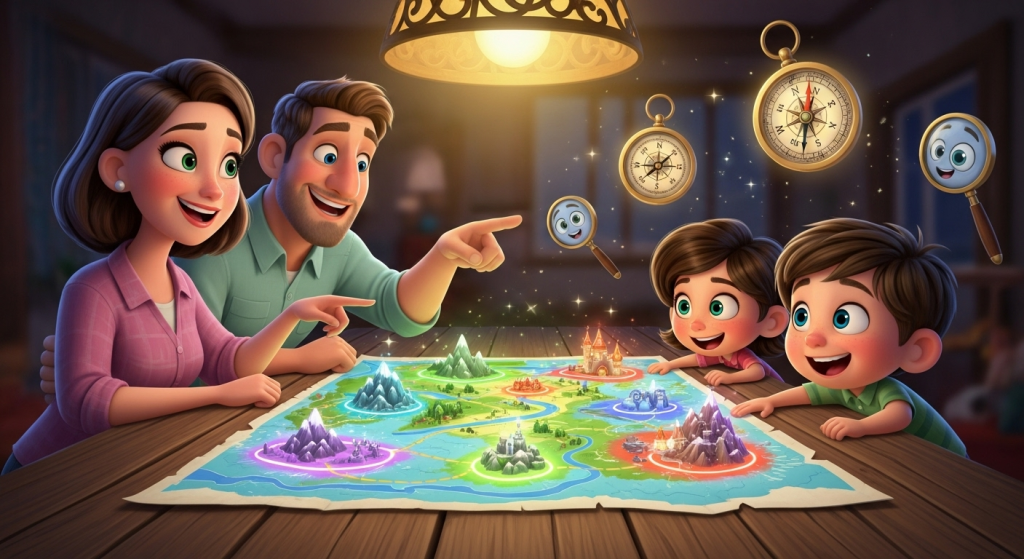
Frequently Asked Questions from Surviving Parents
Every parent navigating the question years has similar concerns and experiences. Here are the most common questions from families, along with honest, practical answers that might just save your sanity.
“Is it bad if I sometimes can’t answer my child’s questions?”
Absolutely not! In fact, saying “I don’t know” can be incredibly powerful and educational. It models intellectual humility and shows children that learning is a lifelong process. Follow up with “But let’s find out together!” and you’ve turned a knowledge gap into a learning adventure.
Children respect honesty more than we give them credit for. They’d rather have an authentic response than a made-up answer that doesn’t quite make sense. Plus, research shows that children who see adults as co-learners rather than all-knowing authorities develop stronger critical thinking skills.
“My child asks the same questions over and over. What’s happening?”
This is completely normal and actually indicates healthy cognitive development! Children often need to hear information multiple times and in different contexts before it fully integrates. Each repetition builds neural pathways and deeper understanding.
Try varying your responses slightly each time – offer a different angle or add a new detail. This keeps the interaction fresh for you while providing the repetition your child needs for solid learning.
When Questions Become Excessive
If questions seem compulsive or anxious rather than curious, it might indicate underlying stress or uncertainty. Look for patterns – are they asking more questions during transitions, changes, or difficult periods? Sometimes excessive questioning is a child’s way of seeking reassurance and stability.
“How can I encourage questions without being overwhelmed?”
Balance is key! Celebrate questions while also teaching children to be mindful of timing and context. Create special “wondering” moments during the day when questions are especially welcome. Use phrases like “I love how curious you are!” while also setting gentle boundaries when needed.
Remember that encouraging questions doesn’t mean you must immediately answer every single one. Teaching children that some answers take time to research or think about is valuable too.
“Will my child ever stop asking so many questions?”
Here’s the bittersweet truth: yes, they will. Most children’s question frequency peaks around ages 4-5 and then gradually decreases, especially after they start formal schooling. While this brings relief to overwhelmed parents, many later miss those intense curiosity years.
The goal isn’t to stop questions but to help channel that beautiful curiosity in positive directions. Thoughtful conversations and explorations during these peak questioning years build foundations for lifelong learning and critical thinking.
Embracing the Question Years (Yes, You’ll Miss Them Eventually)
Understanding why do kids ask so many questions transforms how we view these intense but precious years. Every “why,” “how,” and “what if” represents a mind actively constructing understanding of the world. Your child isn’t trying to drive you crazy – they’re trying to make sense of everything around them with you as their trusted guide.
The strategies we’ve explored aren’t just survival techniques; they’re opportunities to deepen your relationship with your child while nurturing their natural love of learning. When you respond to questions with curiosity rather than exhaustion, you’re modeling the very thinking skills you want your child to develop.
So the next time your little one launches into their daily question marathon, take a deep breath and remember: you’re witnessing one of humanity’s most beautiful traits in action. And yes, it’s perfectly okay to occasionally hide in the bathroom for thirty seconds of silence. Even the most patient parents need to recharge their question-answering batteries.
Ready to turn those endless questions into amazing conversations? Share your child’s most curious questions and discover how other families are navigating the wonderful, exhausting, absolutely magical world of childhood curiosity. Because sometimes the best answers come from the most unexpected questions!
